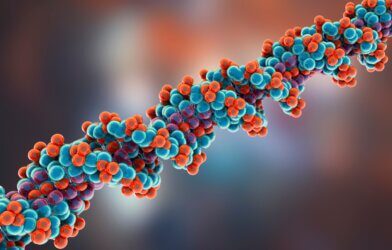Cultured meat is an emergent technology with the potential for significant environmental and animal welfare benefits. Accurate mimicry of traditional meat requires fat tissue; a key contributor to both the flavour and texture of meat. Here, we show that fibro-adipogenic progenitor cells (FAPs) are present in bovine muscle, and are transcriptionally and immunophenotypically distinct from satellite cells. These two cell types can be purified from a single muscle sample using a simple fluorescence-activated cell sorting (FACS) strategy. FAPs demonstrate high levels of adipogenic potential, as measured by gene expression changes and lipid accumulation, and can be proliferated for a large number of population doublings, demonstrating their suitability for a scalable cultured meat production process. Crucially, FAPs reach a mature level of adipogenic differentiation in three-dimensional, edible hydrogels. The resultant tissue accurately mimics traditional beef fat in terms of lipid profile and taste, and FAPs thus represent a promising candidate cell type for the production of cultured fat.
World’s Largest Beef Producer Invests $100M in Cultivated Meat.
JBS, the world's largest beef and poultry producer, invests $100M into two cultivated meat projects in Spain and Brazil. This investment will provide a new facility in Spain and Brazil's first Food...








